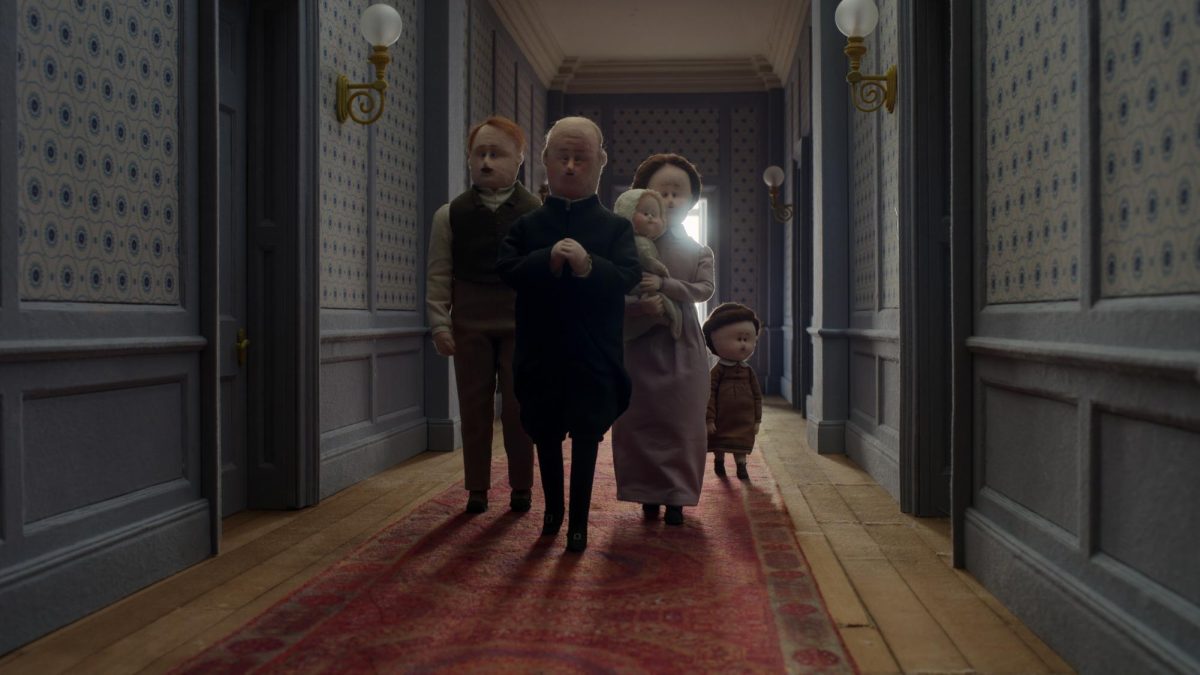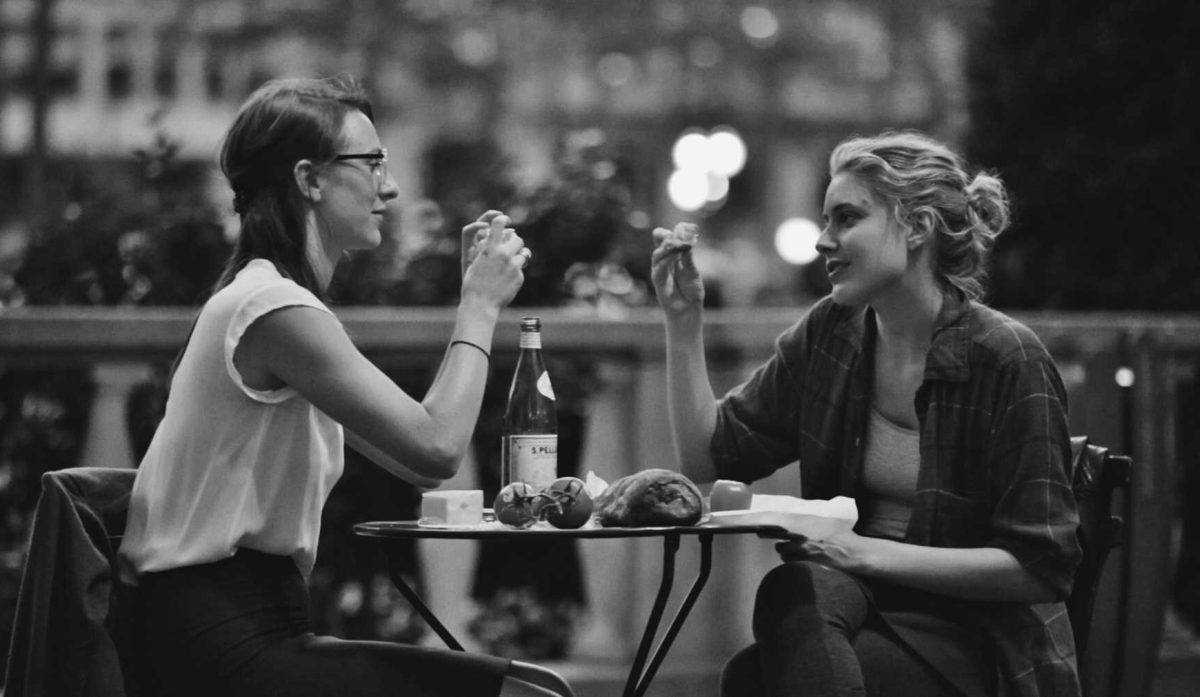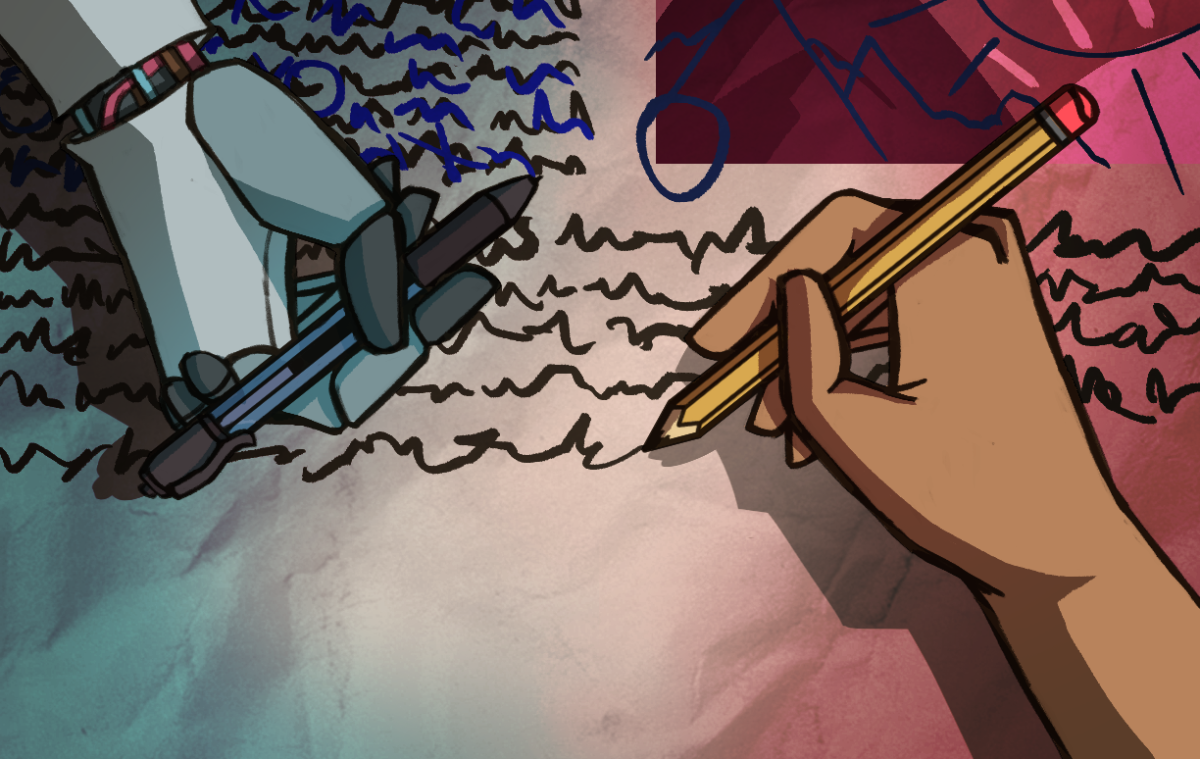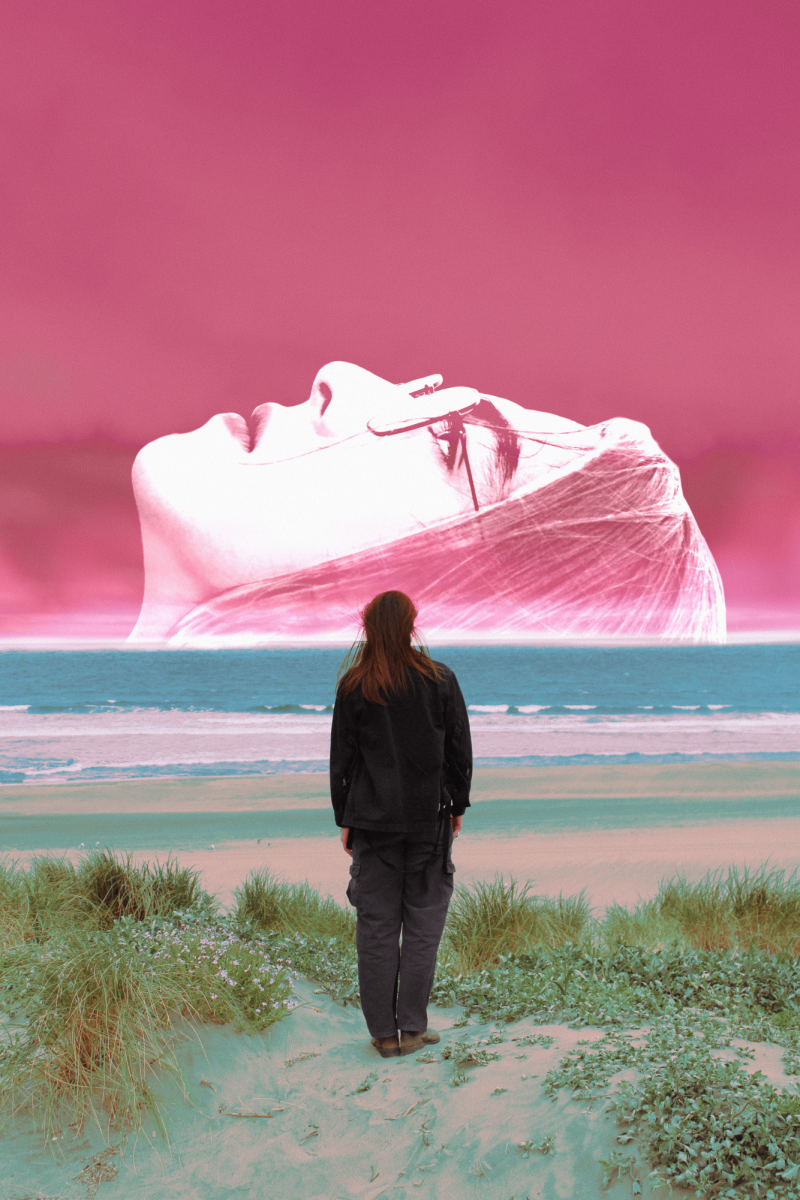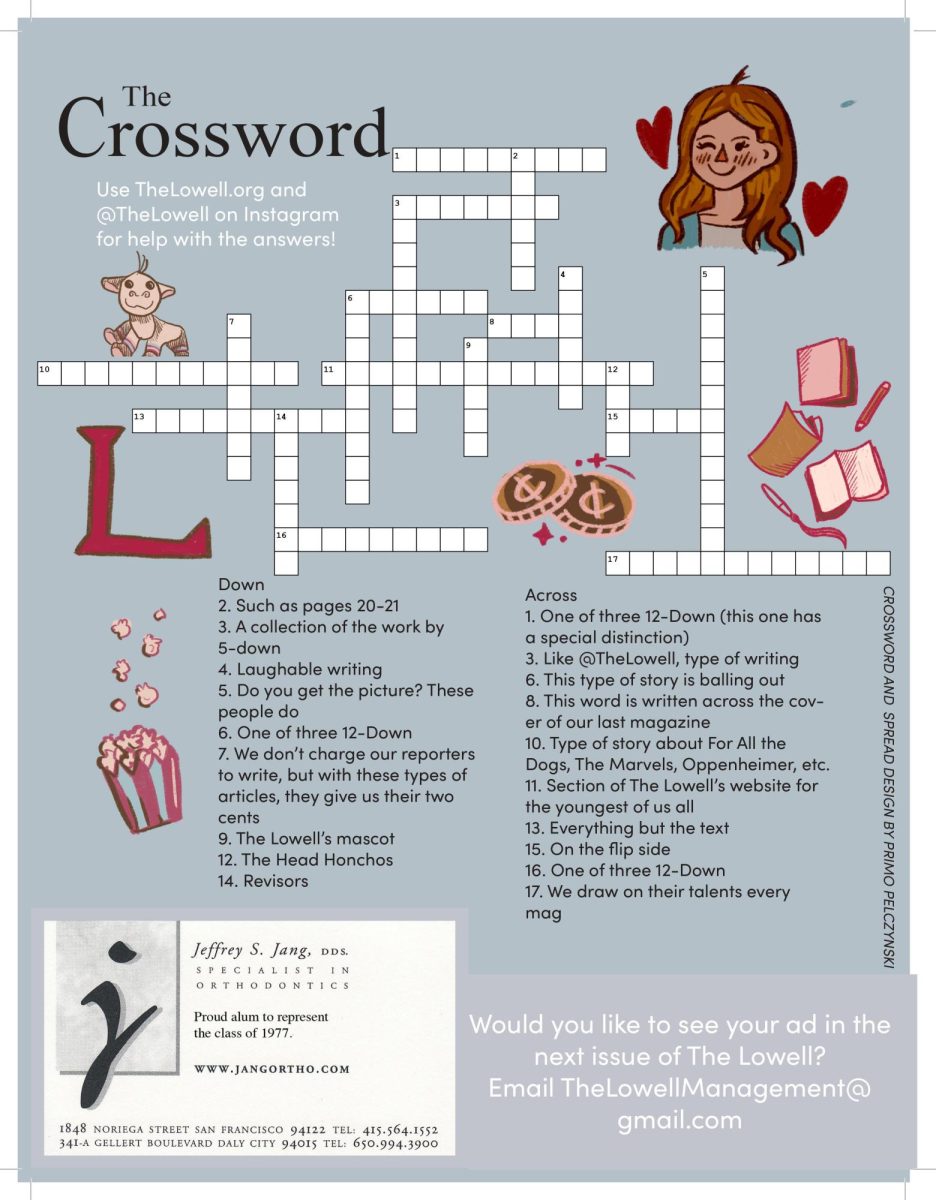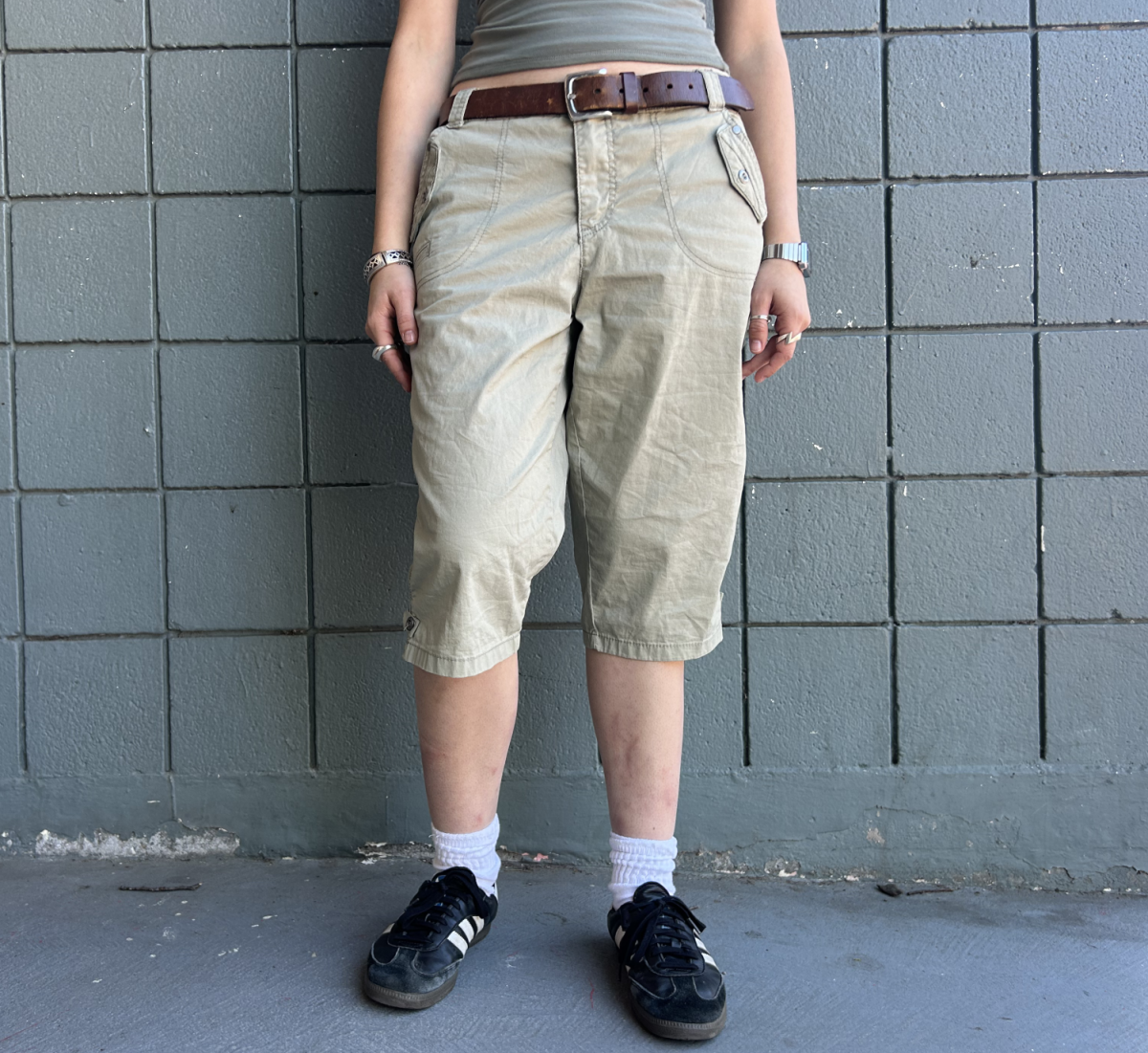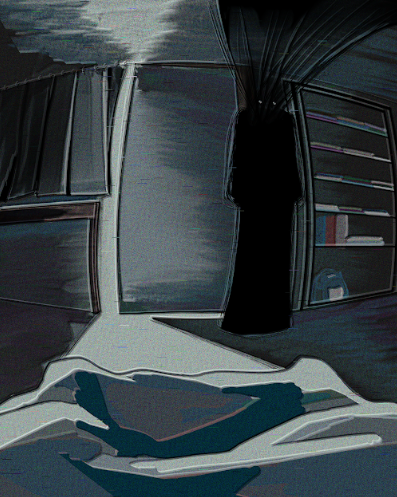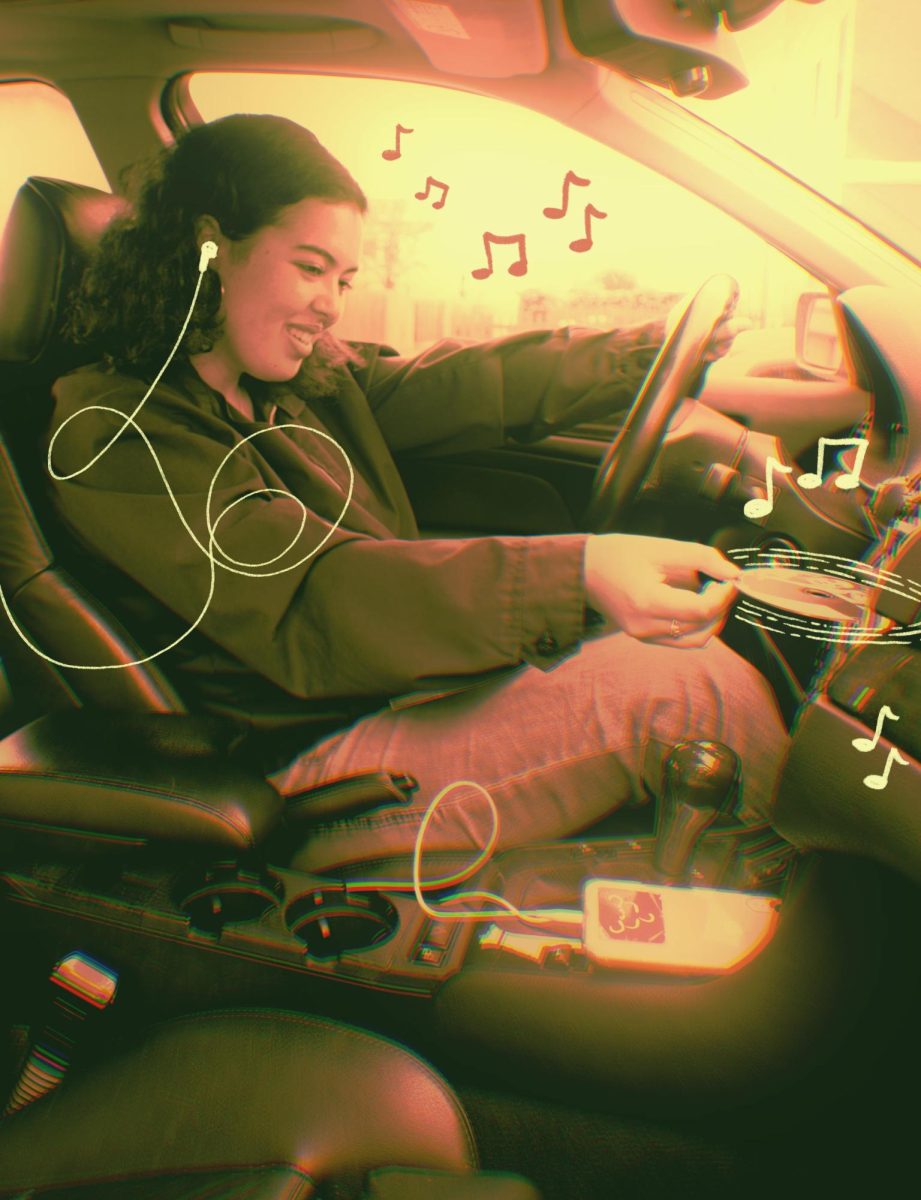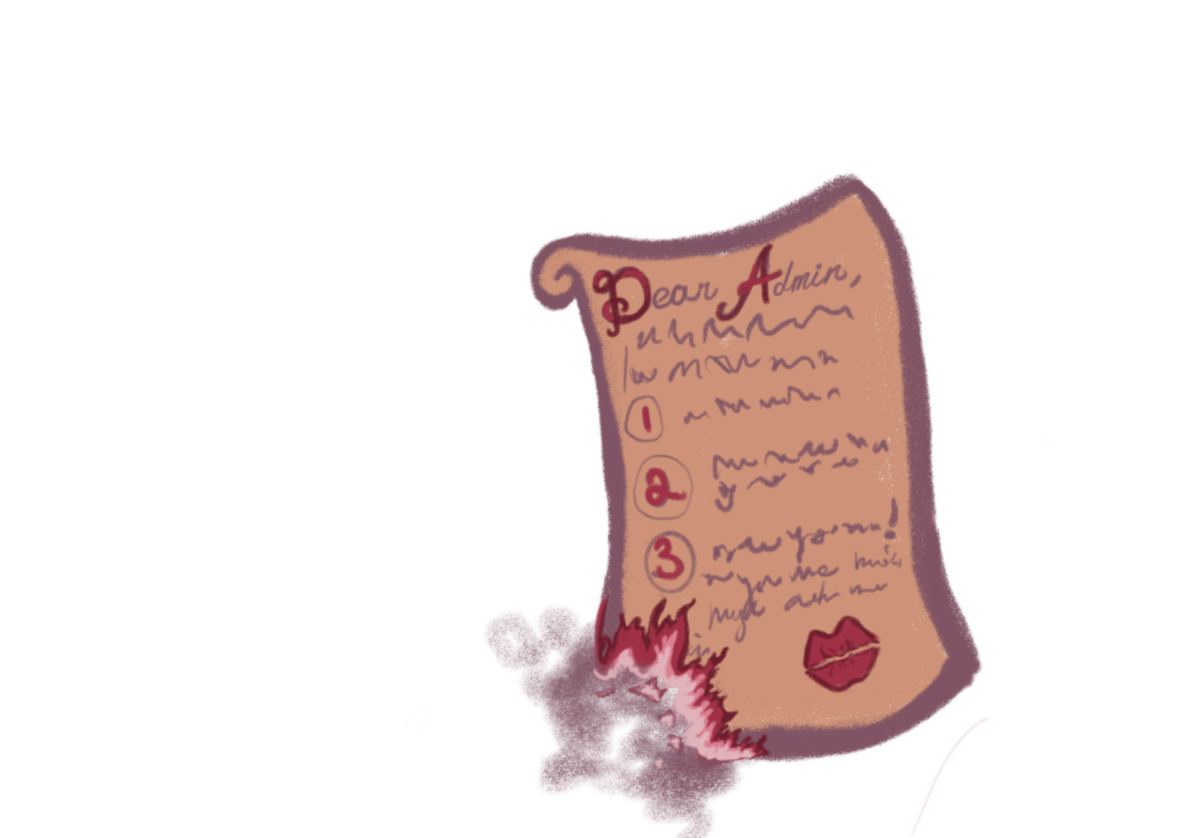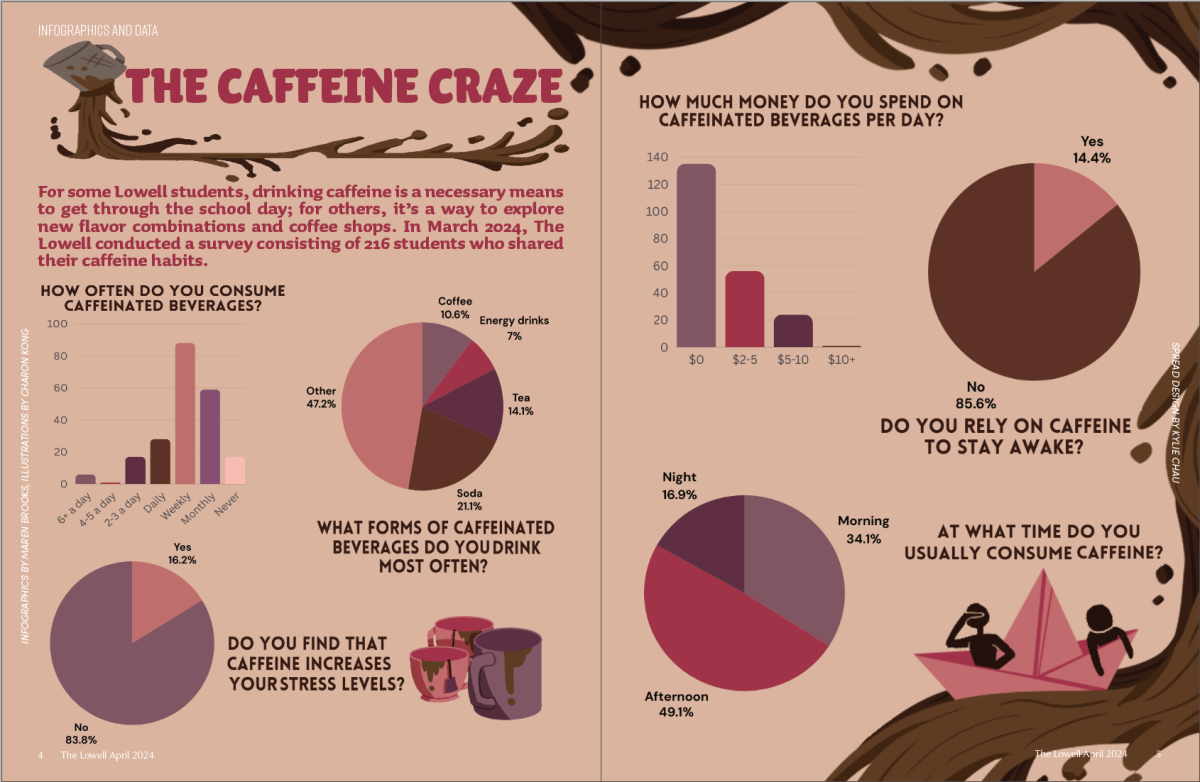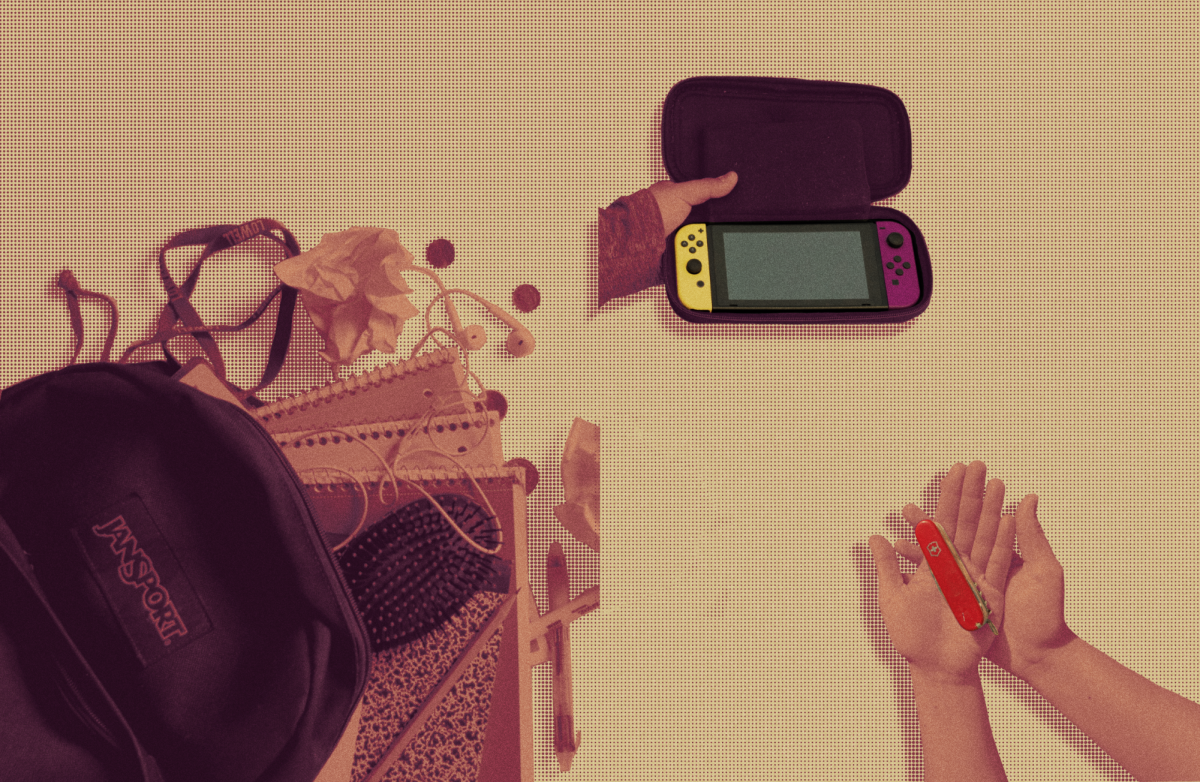The House is a 2022 stop-motion anthology film made up of three parts, each featuring different characters and their fates within the titular house. The stories span three time periods across vastly different worlds, with two populated solely by anthropomorphic animals. While the narratives may seem unrelated at first, they are united by a clear underlying message, a warning of the horrific consequences of materialism. Through surreal storytelling and aesthetically disturbing imagery, The House conveys a sinister feeling of familiarity that sometimes verges on claustrophobic. However, The House‘s concluding lesson of hope makes it a powerful modern fable in an era of overconsumption.
From its very first moments, The House‘s strange but beautiful cinematography captures the audience’s attention, leaving them to watch in horror and awe as the protagonists and their intricate tableaus methodically unravel. Rather than relying on shock factor to create fear, the film’s team of directors build suspense through an unsettling atmosphere that steadily intensifies. In one story, a rat developer is driven to insanity by his fruitless attempts to sell a beetle-infested house to his judgemental clients, with the ominous setting slowly devolving to emulate his rapidly deteriorating mental state. Instead of using plot twists, each film builds to a predictable yet painfully unavoidable conclusion. The film’s fundamental message, that human connection is irreplaceable by physical possessions, transforms from the moral of the stories to a nearly inescapable truth.
In The House, materialism is a disease that fatally infects characters. Items like a fireplace or a rotisserie oven become objects of obsession that ultimately lead to the protagonist’s downfall. The film remarks on timely issues of overconsumption without relying on clichés by reducing characters to almost primal versions of themselves, equating mindless consumerism with animal instinct. Inhabitants of the house, person or animal, lose their humanity within its walls — made feral by their pursuit of material gain.
The House recalls classic cautionary tales of overconsumption, but provides a fresh and horrifying take that helps it feel original. The film is about losing oneself to material-driven greed, but allows for the hope of finding direction again. In The House‘s absurd but tragically sympathetic characters, there are reflections of very real and human struggles, preventing a disconnect from forming between the film and the viewers. Just as the film’s House is not a home, no amount of material goods can fulfill a lack of meaning.


